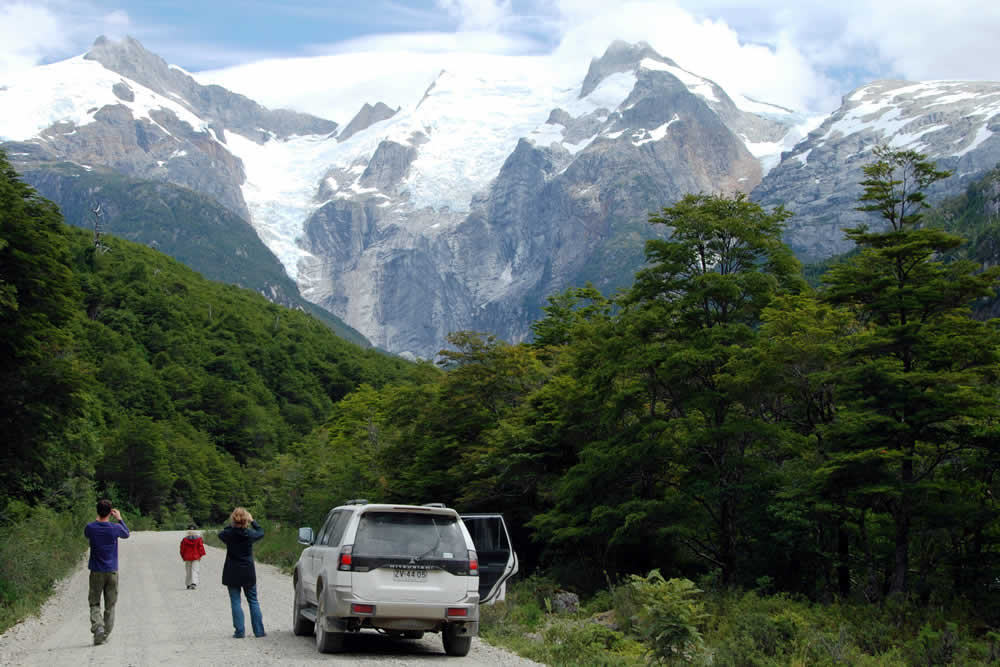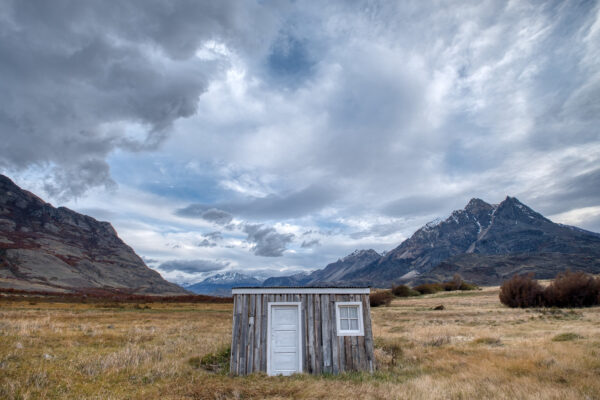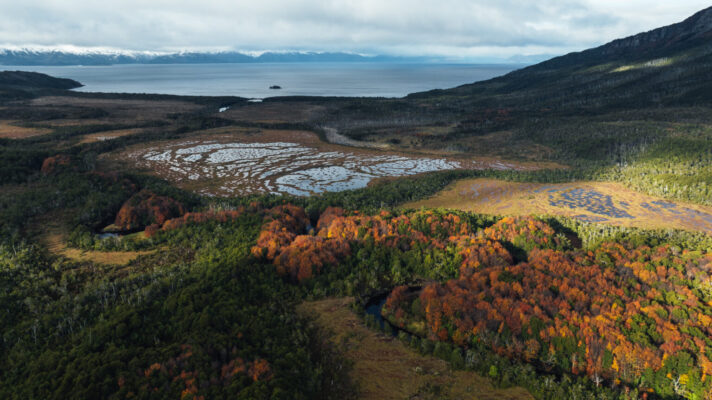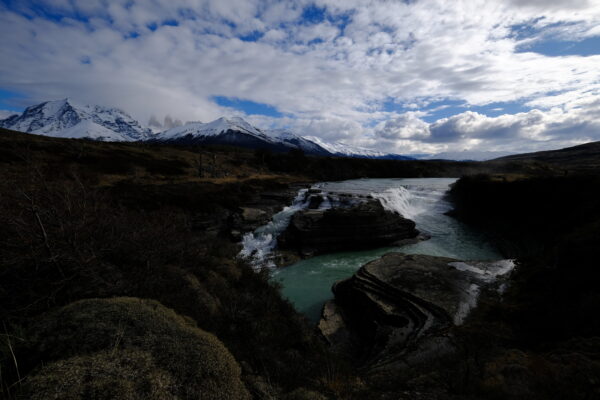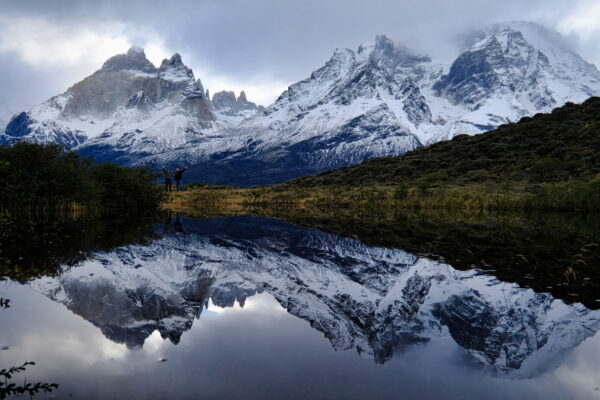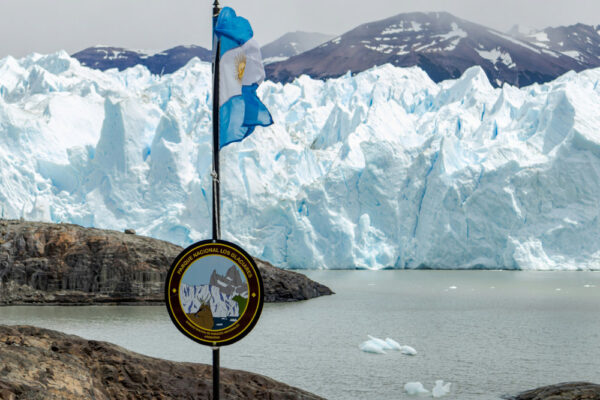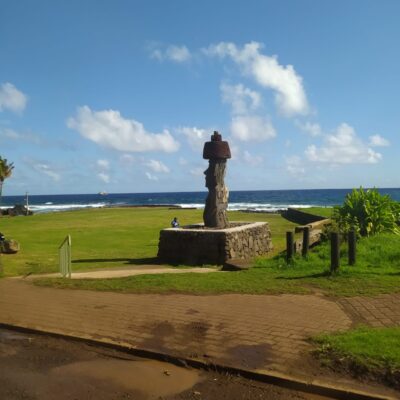The use of plastic. We have always heard plastic is highly polluting; especially in an era in which we all want to take part in sustainable activities in our daily lives. We are in the trendy era of being “cool” and protecting the environment (that’s what fashion dictates last years), but the real question is: do we really want to live according to it? How much are we doing to take care of the planet and not using/avoiding plastic? Are we really aware of the damage we generate using plastic daily?
I live in Puerto Varas, south of Chile (I am a “real” puerto varina, born and raised in this beautiful city). My dad is a lover of nature and a great ornithologist. He always taught us (3 daughters) to take care of water, to avoid the use of plastic, to protect nature. I remember doing this adventure every winter in Chiloe (yes, every winter we camped in the middle of nature for several days, even if it rained or thundered! We had this red VW Kombi that at times it wouldn’t go up the gravel hills, so we had to go back to get the power the car needed to get toup hill … yes, it was quite an adventure. Childhood memories I will never forget!) We went there every winter because my dad was in charge of making a bird census from north to south of this called “big island”; during these excursions we got to learn a lot about birds, and we also learned about maintaining this way of living: leaving the place where we camped/were the same way as when we arrived. We recycled everything we could. It was not fashion, we were not “trendy”, it was our way of life. I will be always thankful to my dad, him teaching us to live like this.
Chile: first country to ban the use of plastic bags in South America
I am proud my hometown Puerto Varas was one of the first cities in Chile that banned the use of plastic. The best thing of all is that this measure got a good response from the community, everyone wanted to help Puerto Varas, helping to save the planet.
The entire country followed that example! Chile is the first country to ban the use of plastic bags in South America. (Especially because we live next to an ocean “that bathes us quietly”- like said in our Anthem) Yes! Chile will no longer use plastic bags. A country with 17 million inhabitants contributing with “a grain of sand” to reduce pollution, supporting the protection of our ocean, birds, whales and any animal that could die due to the use of plastic. I am a proud, happy Chilean.
I am even happier knowing this action was initiated by former President Michelle Bachelet, and it was continued (and why not saying it: he improved it) by the current President Sebastian Piñera. This initiative passed political barriers! If politic people would work united more often for the good of nature, regardless of the political group to which they belong to, the planet, people and animals would appreciate it…. And here we have a clear example of it. We can save lives in the ocean and create a “green” culture in a whole country. It’s nice to see how my country evolves for the better.
Disturbing facts
It’s frightening reading facts how plastic is negatively impacting the planet. These are:
- 8 million tons of plastic annually reach our oceans
- 90% of seabirds in the world have ingested and currently accumulate plastic waste in their digestive system
- to continue the current level of plastic consumption in the world, by 2050 the weight in tons of plastic waste in the oceans will be higher than the weight of all fish on the planet
- Nowadays, we can find plastics in all the oceans of the world, from the Arctic to the Antarctica. It is even believed that only the Pacific Ocean contains a quantity of plastic waste that covers an area equivalent to twice the size of the United States.
- This year, 5 trillion plastic bags will be consumed. That’s 160,000 a second! Put one after another, they would go around the world 7 times every hour and cover an area twice the size of France.
Wow. Wow. Wow. After reading this, don’t you feel compelled to do something about it?
What a comfort it is for everyone, to have garbage cans at home, at work, wherever we go. A life of luxury. But I do think since we do not see where all our waste ends up, we do not worry at all, we do not measure the consequences of using plastic. We think: “Government will work on it, or this concerns activist groups, there is now a lot I can do …” but of course we can do something, even more than we think!
Start today, taking small steps to make significant changes!
I want to challenge you with the following idea: My sister recently came back from Torres del Paine, where each person in the group that made the hike had to carry their own garbage for a few days because there was no one to pick up the garbage in those remote places. This caused her to have a real awareness of their own waste and really seeing how contaminating it was…
What if you carry your waste? Just a day, analyze how much of it you could have avoided using, replaced for recycling pots (of course not made from plastic). (Using recycled Plastic is not helping the planet, recycled plastic will also exist for 500 years! You have to stop that chain of plastic production because when you use plastic you create the need for a demand, and that equals plastic production.)
I invite you to consciously answer the question I did at the beginning: Are you aware of the damage you generate using plastic daily? What measures can you take in your daily life to avoid plastic? That decision can save lives … from the sea and of course ours.
Take the time to watch this “mockumentary” talking about plastics bags. Narrated by Academy Award-winner Jeremy Irons, this video, hammers home the stark reality of California’s plastic bag pollution situation.


